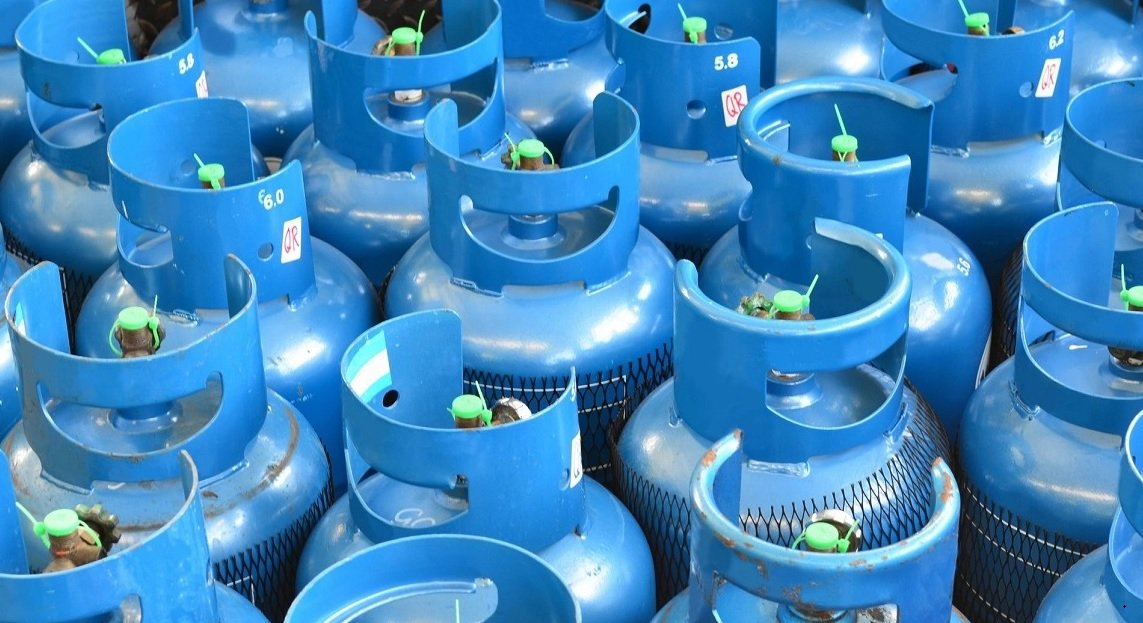A joint operation involving the New Zealand Police, New Zealand Customs Service, and the Environmental Protection Authority (EPA) has led to the seizure of over $1 million worth of hydrofluorocarbon (HFC) gases. These synthetic greenhouse gases, despite being released in small quantities, can have a global warming potential up to 14,800 times that of carbon dioxide.
“The EPA is cracking down on operators who import and sell cheap bottles of HFCs without applying for a permit or paying a levy to cover the greenhouse gas emissions of the HFCs,” said Gayle Holmes, the EPA’s Compliance, Monitoring and Enforcement General Manager.
She also noted that illegal imports undermine legitimate businesses and, in some cases, involve contaminated HFCs that could damage vehicles and equipment.
In New Zealand, HFCs are regulated under the Ozone Layer Protection Act and the Climate Change Response Act. Since 2020, the country has been phasing down the use of HFCs as part of an international initiative aimed at preventing 0.5°C of global warming by 2100.
“There are rules around HFC imports so New Zealanders can have confidence that we’re reducing the use of these potent greenhouse gases that contribute to climate change,” Holmes added.
The EPA’s investigation has so far resulted in multiple search warrants being executed across New Zealand, leading to the seizure of three tonnes of HFCs as of December. The investigation is ongoing.
Violations of HFC import regulations can result in fines or, in some cases, imprisonment for up to five years. The EPA encourages anyone offered HFC bottles at significantly below-market prices to report the matter in confidence at
investigations@epa.govt.nz.
Under current regulations, importing bulk HFCs requires a permit under the Ozone Layer Protection Act and registration in the Emissions Trading Scheme. However, permits are not required for HFCs contained in goods, such as vehicle air conditioning systems or fire extinguishers. Products containing HFCs are still subject to a levy under the Climate Change Response Act.
